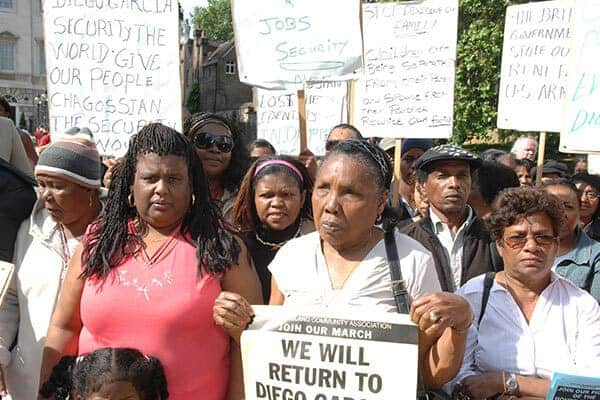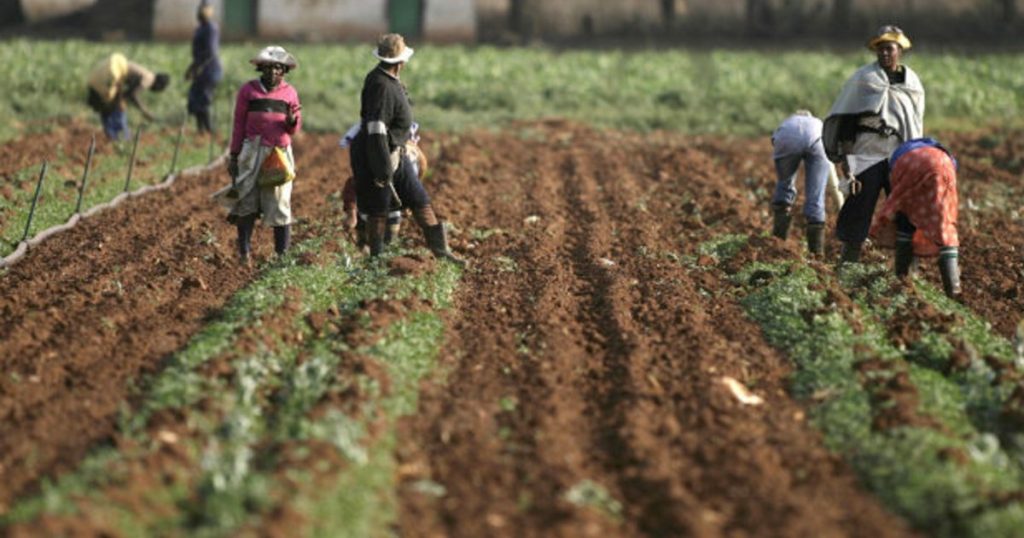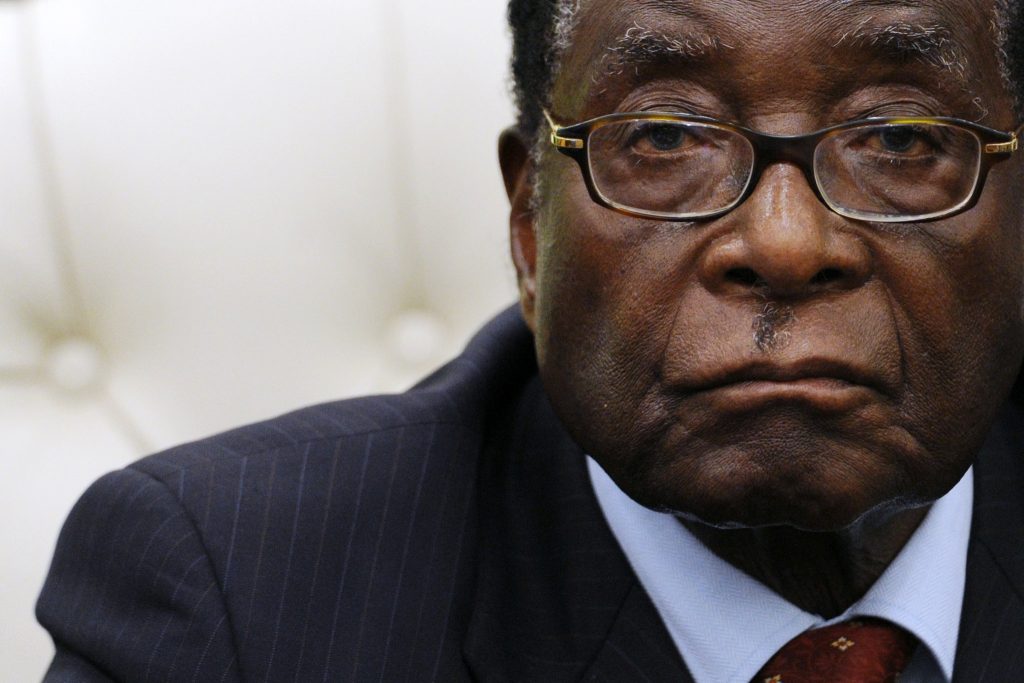A toast to their resilience
By Shola Adenekan
In these days of multi-culturalism backed up by political correctness, we are not supposed to talk about imperialism or colonialism.
These subjects, among those who desperately want to fit into the mainstream, belong to the anal of history.
This week, a decision by two sensible judges sitting at a London high court revealed years and years of bonehead inhumanity and rabid racism on the part of both the British and American governments.
The judges ruled that the Ilois people have the full right to return to their homeland, 35 years after the British government forcefully removed them without warning from the Chagos Island.
Between 1967 and 1973, 2,000 people were evicted from a tiny island off the coast of Madagascar to make way for the United States government to build a military base in the much sought-after corridor of the Indian Ocean.
After the deal was done, a British official wrote: “Unfortunately, along with the birds go some Tarzans or Man Fridays.”
A massive construction effort was launched on Diego Garcia, the largest of the islands, in 1976, and ten years and US$500m later it was fully operational as a US airbase.
It was used during the 1990 Gulf War and again for missions supporting action in Afghanistan in 2001 and the invasion of Iraq in early 2003.
The island, and the rest of the Chagos archipelago have been a homeland to Africans for centuries before it was colonised by Britain. The current population of Ilois are however, descendants of native Africans and indenture workers brought over from India by the British to work in the plantations.
After they were forcefully removed, the Ilois, were dumped in the Mauritius. The population has since grown to about 5,000 and the people are desperate to return to their native land to escape the constant abuse, high unemployment, abject poverty and racial discrimination which they have to contend with for 35 years while living in the Mauritius.
This is not the first time that Chagossians have won the backing of the law. A high-court ruling in their favour in 2000 stipulates that “no source of lawful authority” was there to justify the way the islanders had been moved.
It quashed a 1971 immigration law, which was enacted at the time of the removals and also granted the islanders British citizenship and as a result about 100 came to settle in the UK, around Crawley, near Gatwick airport.
They have since been at the centre of a wrangle between local and central government about who should support them.
But the ruling was overturned by the back door with an order by British government officials.
London has constantly maintained that the Chagossians only ever had contractual rights to the islands, which could be terminated at short notice.
At the time of the removals, the UK said the islanders were not native but simply temporary labourers.
The island, and the rest of the Chagos archipelago, remain under British Indian Ocean Territory control, and are subject to UK law. A small detachment of Royal Marines provide local security and enforce immigration and customs rules.
The Foreign Office, the equivalent of the US State Department, says feasibility studies need to be undertaken before any of them can return home; it offers the lame excuse that their return might upset “the delicate marine life” or be hit by rising sea levels, even though American and British military staff reside there!
On its part, the US wants to hold on to the island as it offers America a strategic base in the war in Iraq and Afghanistan as well as a possible invasion of Iran in the months ahead.
The islanders are not asking the Americans or the British to leave, they say the military base could be a source of employment and say they want to live on the other empty islands.
This makes one wonder, why Tony Blair’s government with its passion for Africa is fighting these impoverished people in the court of law in the first place.
So, how did the story missed the radar of many black and African media for so long?
Why are we not marching for Chagossians the way we marched for the end of apartheid in South Africa and the Namibian independence?
Where do African leaders stand on this issue as up till now I’m yet to see a coherent statement from the African Union?
Why are the Diane Abbotts, the Trevor Phillips and Jesse Jacksons of this world not campaigning for the right of Chagossians to return to their ancestral homeland?
Is it because the story is not sexy enough or because the Chagos Island has not a produced a mega rap star or sporting icon that we can rally around?
These are questions which the global Black community must ask itself as the battle for these people to return to their homeland continues.
The British and American governments are not willing to give up the legal fight just yet, but it is our duty to remind them to do what is right.
What do you think should be done to make the British and the American governments see sense in this affair?
Please e-mail comments to comments@thenewblackmagazine.com
Send to a friend |
View/Hide Comments (0) |









Thanks for finally talking about >In Praise of The Chagos Islanders – thenewblackmagazine <Loved it! https://Menbehealth.Wordpress.com/
Magnificent website. Lots of useful info here.
I’m sending it to some riends ans also sharing in delicious.
And certainly, thank you for your sweat! https://Checkerss.mystrikingly.com/
I love what you guys are usually up too. This type of
clever work andd coverage! Keep up the awesome works guys I’ve you
guyys to my own blogroll. https://hallofgodsinglassi.wordpress.com/